The year 2016 witnessed a dramatic economic transformation in Saudi Arabia that triggered unprecedented political changes. Vision 2030, released at the end of 2015, created a roadmap to wean Saudi Arabia off its oil-based economy. Empowering women and materializing their potentials was one of the main objectives of Vision 2030. In addition, a state-commissioned McKinsey report stressed the inclusion of women in the workforce as an essential tactic to counter the expected reduction in household income. In particular, the report encouraged the state to remove the restrictions imposed on women’s access to mixed-gender work environments and on female drivers. Female workforce participation in Saudi Arabia sets as low as 18 percent and is mostly concentrated in public education and healthcare sectors. In the last few years, the Ministry of Labor adopted several initiatives to feminize certain retail sectors catering to women clients. The impact was significant—almost half a million women joined those new work opportunities. However, the restrictions on women’s mobility and autonomy remain significant in that a 2016 World Bank report found the number of legal gender differences affecting women’s economic participation was highest in Saudi Arabia compared to 173 other economies.
The ongoing online campaigns demanding women’s rights, such as the October 23 driving campaign in 2013, the “Baladi” campaign for municipal elections in 2011, and the campaign to abolish the male guardianship system in 2016, have caught global attention. The guardianship campaign developed shortly after a Human Rights Watch report “Boxed In” was launched to document the massive restrictions on women’s autonomy under this system. Thousands of women and men have signed a petition to the King to remove the necessary permission of a male guardian for a woman to pursue education, work, obtain official identification documents, travel, receive health services, or get a release from prison. However, little has been done to address these issues. Instead the state has actively increased the number of women appointed to top positions to counter the negative reputation after the social campaigns, but even women in top positions are unable to influence gender policies. Official positions remain heavily controlled and symbolic to deliver a false image of inclusion—without the authority to change the status quo or contribute meaningfully to gender reforms. In fact, these positions are geared to reproduce the political values of patriarchy by women themselves rather than to reform women’s rights.
This article was originally published by the Wilson Center.
The views represented herein are the author's or speaker's own and do not necessarily reflect the views of AGSI, its staff, or its board of directors.

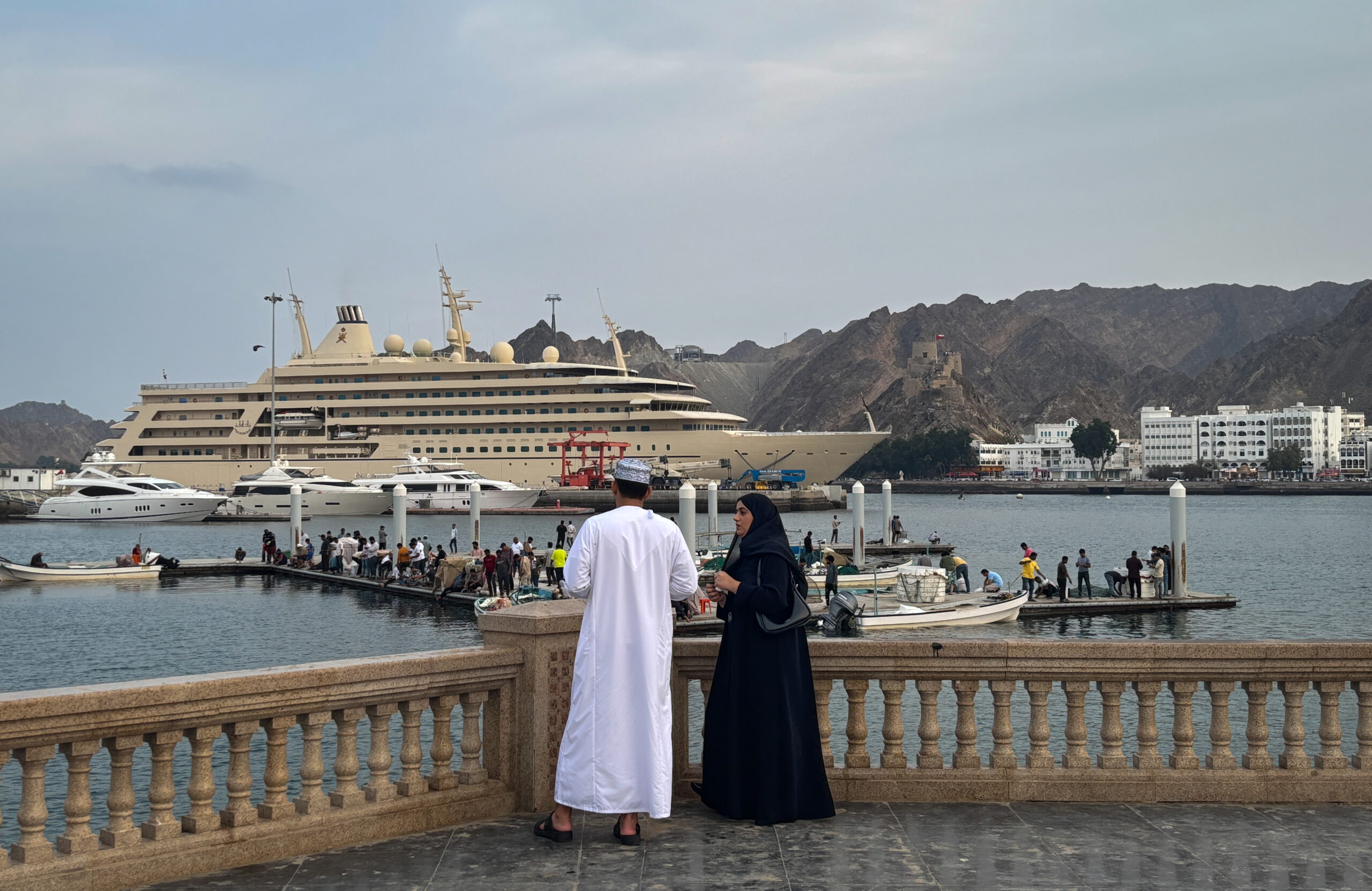




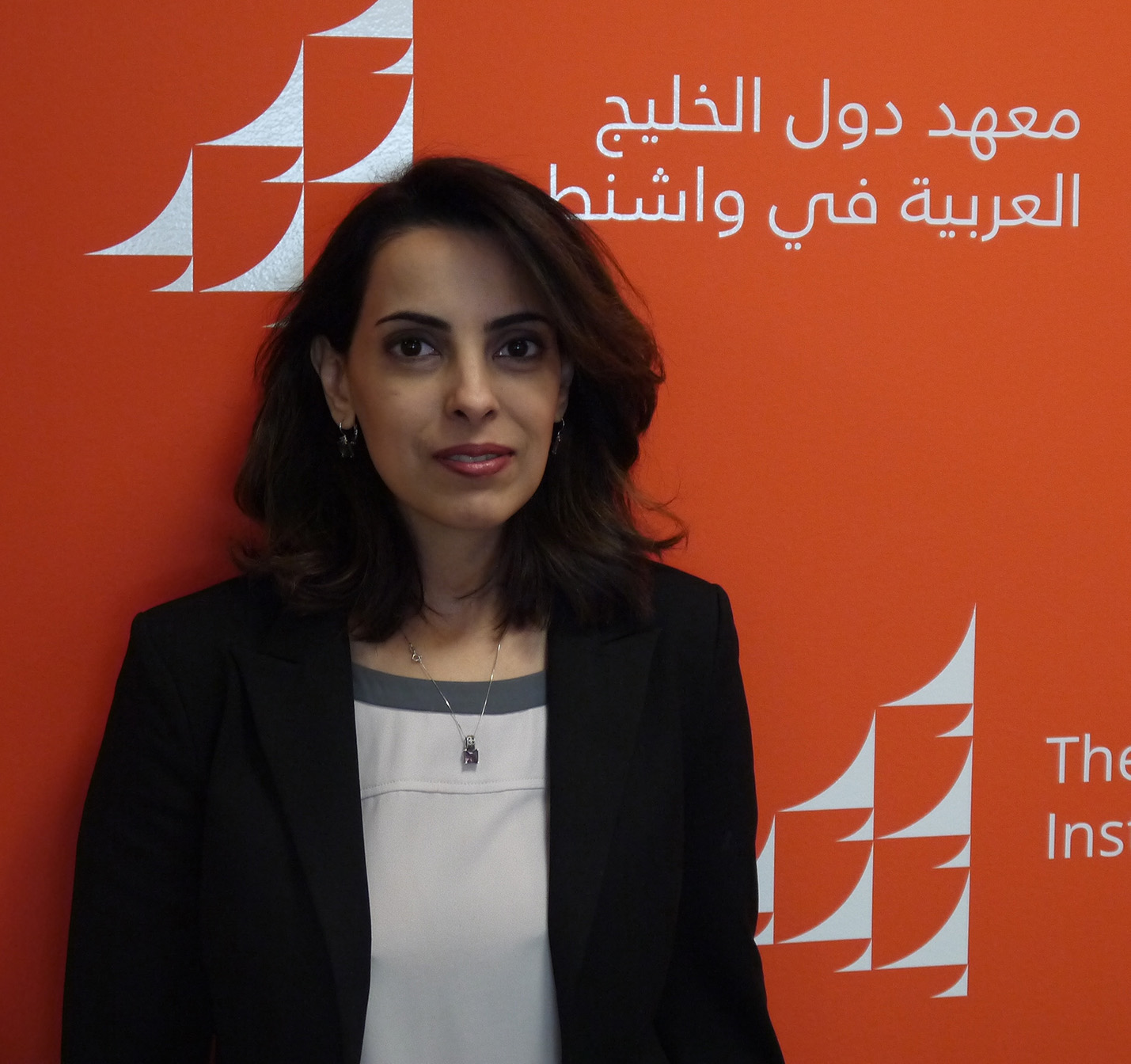
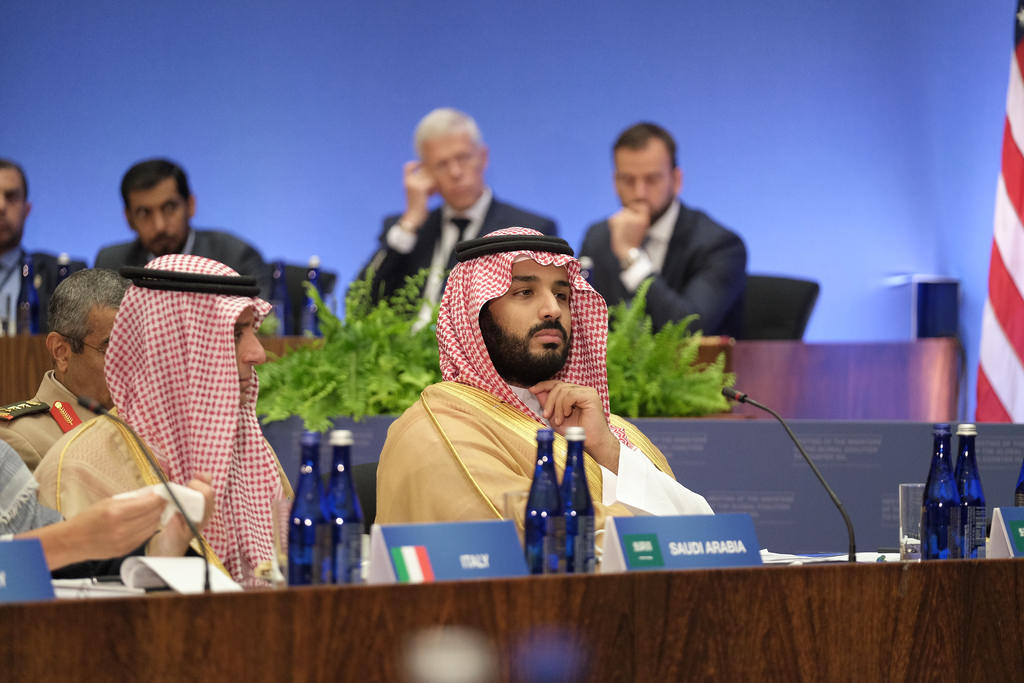
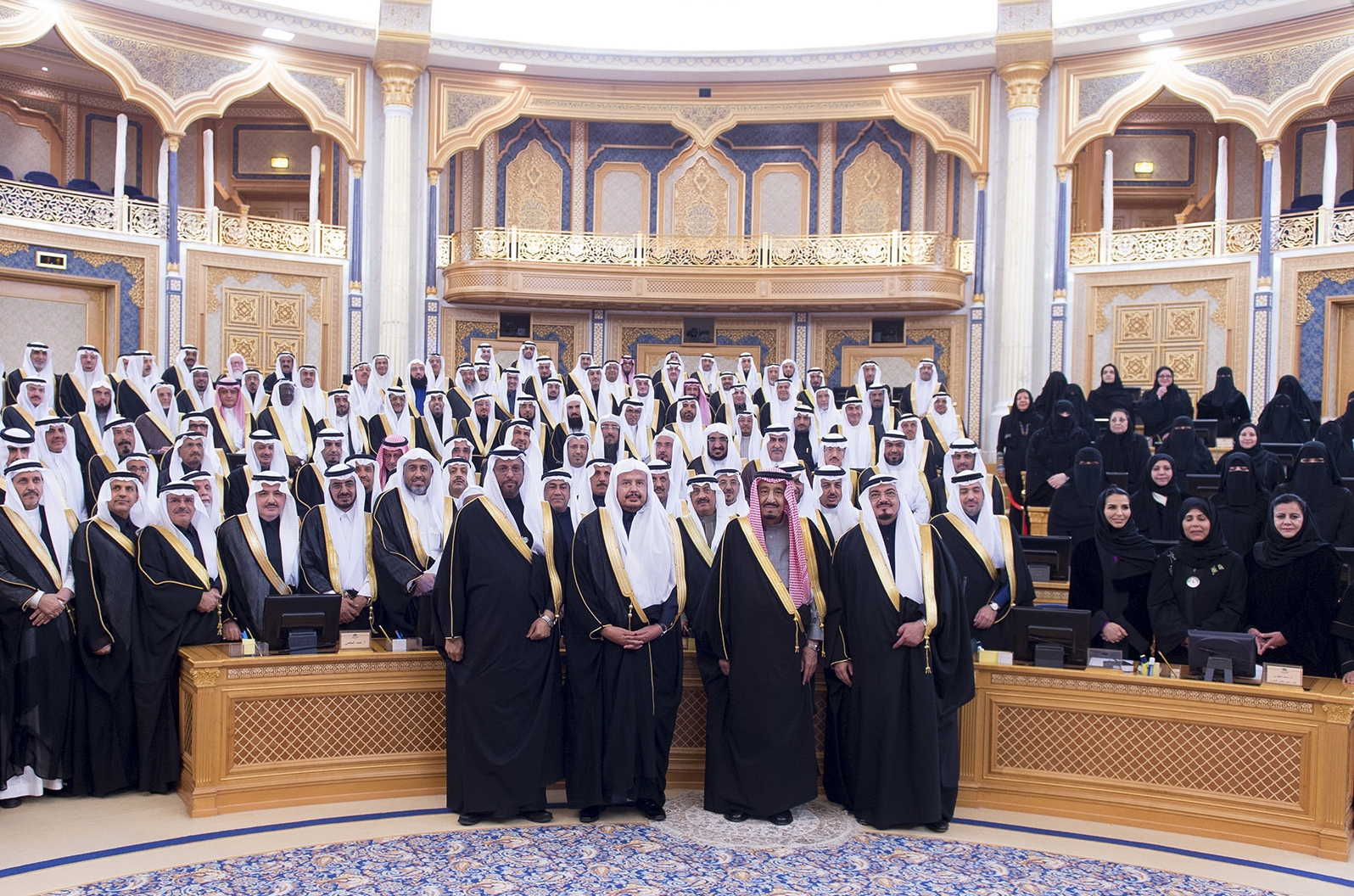
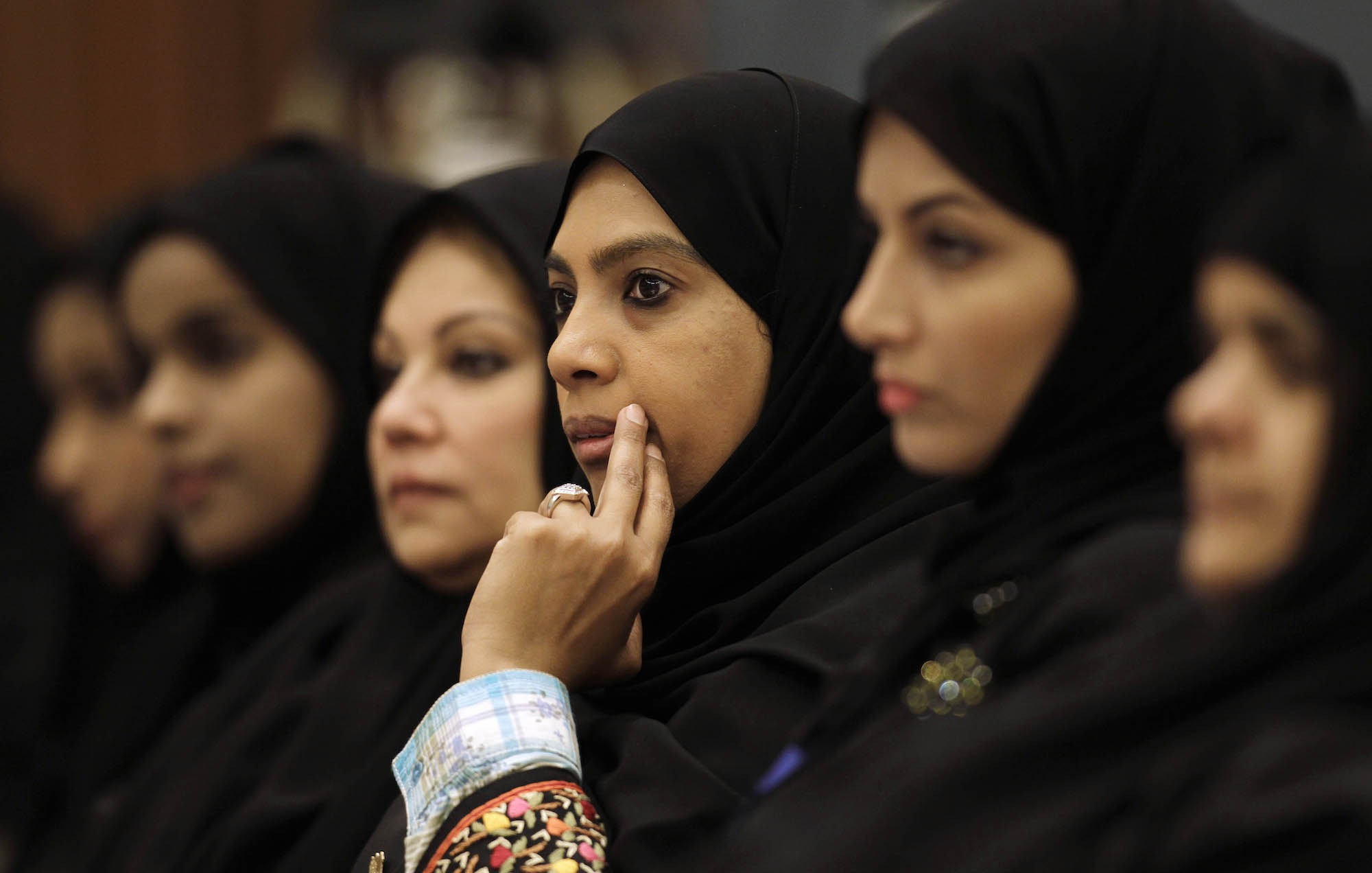
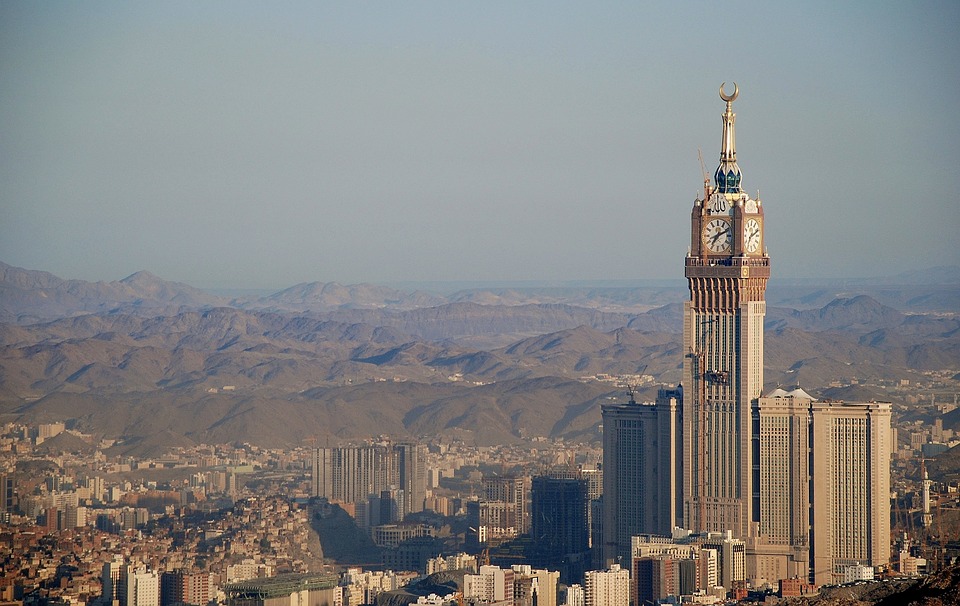
Mar 9, 2017
Women Driving Positive Change in the Middle East
The year 2016 witnessed a dramatic economic transformation in Saudi Arabia that triggered unprecedented political changes. Vision 2030, released at the end of 2015, created a roadmap to wean Saudi Arabia off its oil-based economy. Empowering women and materializing their potentials was one of the main objectives of Vision 2030. In addition, a state-commissioned McKinsey report stressed...
2 min read